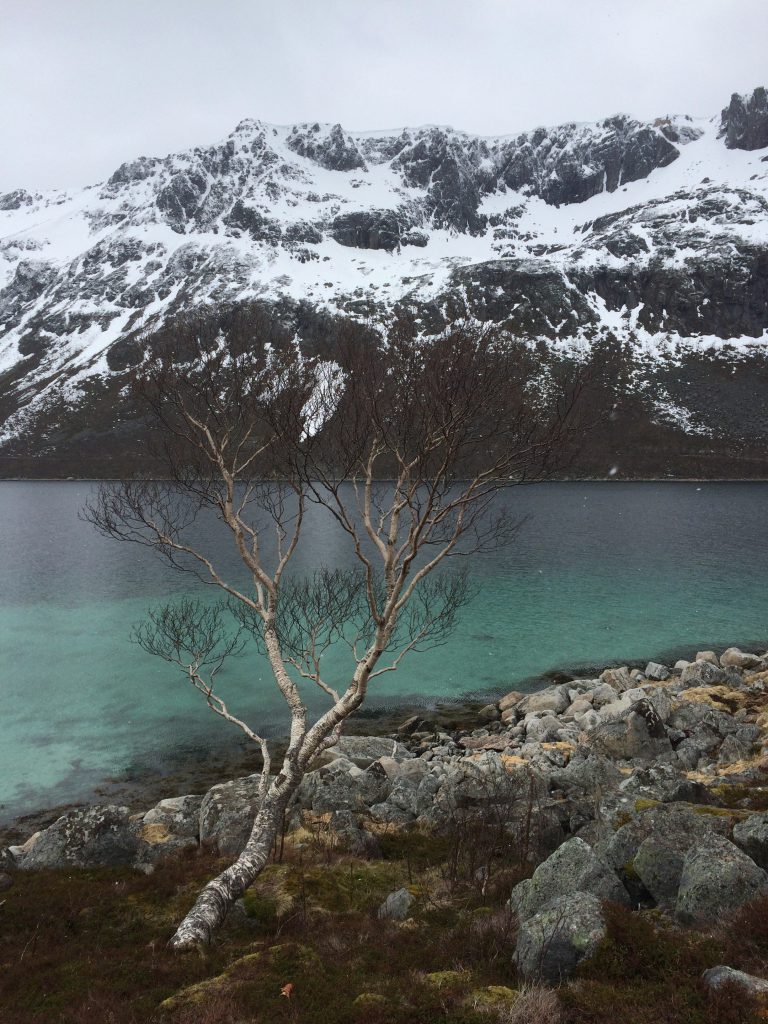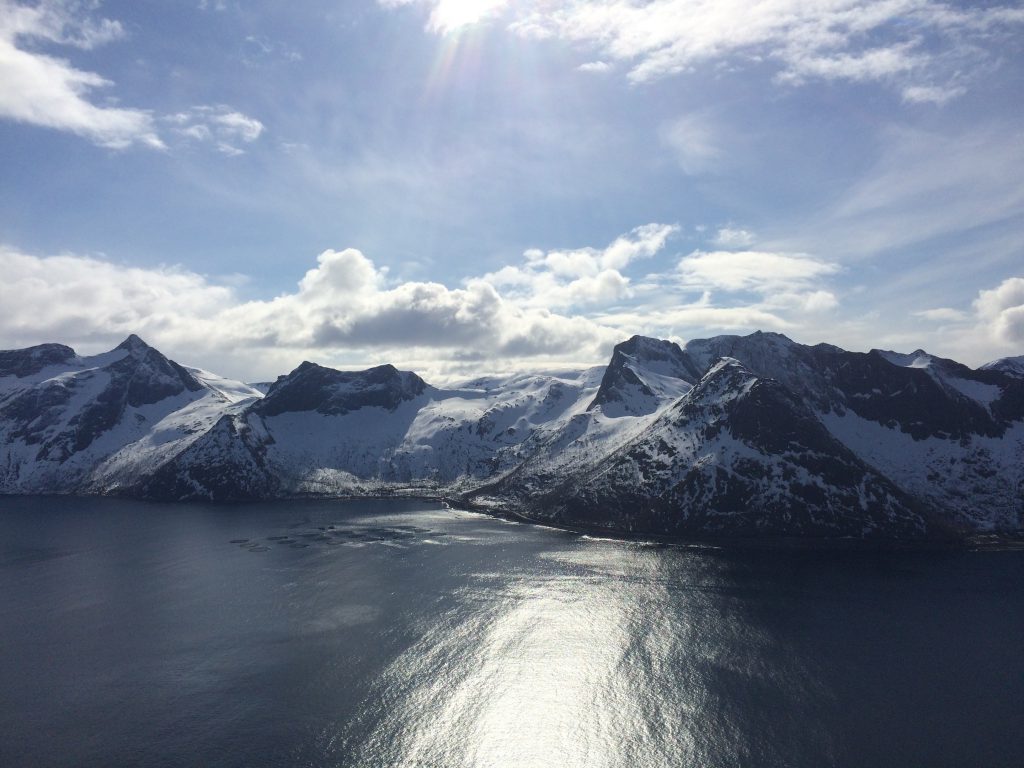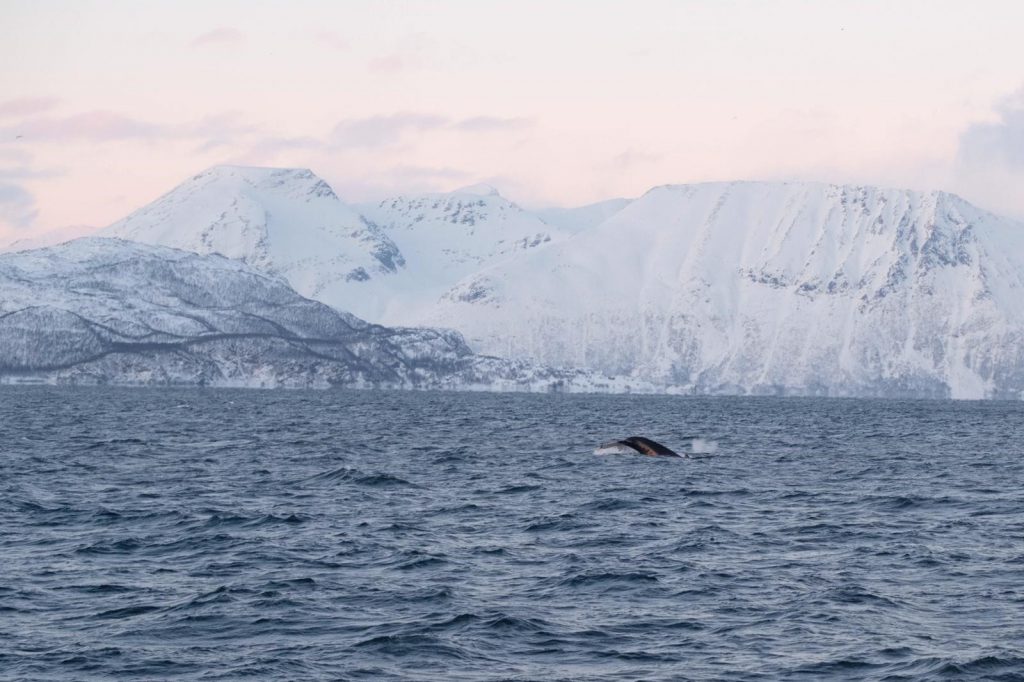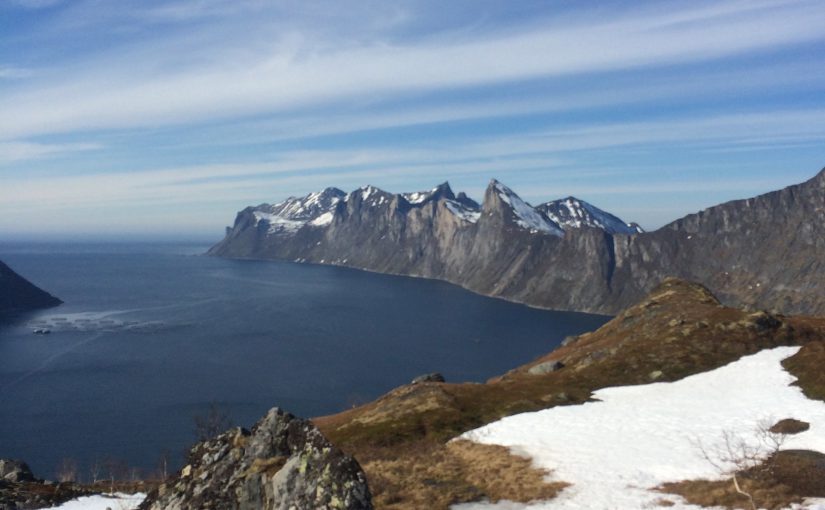Field of study in Wageningen: Soil, Water, Atmosphere (BSW)
Study period exchange: 09/01/2023 – 16/06/2023
Country (exchange): Norway
City (exchange): Oslo
University (exchange): University of Oslo
Faculty (exchange): Mathematics and Natural Science
2. Motivation for exchange
Why did you choose to go on study exchange?
I wanted to learn more about some topics that where not taught here in Wageningen and thought it would be a great experience and opportunity.
What is the reason you chose for this country/university?
I choose for Norway because I think it is a beautiful country and they have a lot of snow and ice, which I wanted to learn more about. I also wanted to see and learn more about topics I studied in Wageningen, but than in a more natural and less manged environment. Norway still has a lot of nature so this was a good fit.

3. Accessibility to reach destination
Do you have any tips to reach your exchange destination?
The fastest and cheapest option is to fly from Schiphol to Gardermoen and take the train or bus from there to your student housing. There are however a few other options. A very comfortable one is to take a ferry from Eemshaven (or Emden the haven’t found a permanent location at the time of writing) to Kristiansand and then take a bus or train from here to Oslo. If you don’t mind sleeping on a bus you can also use Flixbus, but this will take you around 22hours. You can also take the train but it requires a lot of changes and is usually not possible without a overnight stay somewhere along the way. Your last option would be to take a ferry from Kiel or Copenhagen straight to Oslo. I personally took the ferry form Eemshaven on my way to Oslo and although it was a bit expensive it was a nice trip. On the way back I used the Flixbus and this was nice as well, it is way cheaper if you book on time, but less comfortable since you have to sleep on a bus.
4. University and studying
Could you provide some general information about the followed courses?

How is the study formalized?
The workload is a bit lower in the start of the semester compared to the WUR, later in the semester however you have quite a lot of papers and presentations. If you start with them on time your work load won’t become too high (similar to the WUR), but if you start to late you will have a very high work load towards the end of the semester. I had to hand in three reports of over 15 pages each in 4 days for example. All lesson material was provided through canvas (similar to Brightspace) for me.
The examination is very often partially a grade for assignments during the semester combined with a grade for the final exam. This final exam can be oral (if your class is small) or written (is your class is a bit larger) oral examination is of course a bit different, but the teachers asked me if I had ever done them before and will explain everything and be patient when you tell them its your first time.

What is the culture of the university?
Lectures are very approachable, just like at the WUR you call them by first name and can always contact them by mail or by stopping by there office. The Norwegian students will probably seem a bit distanced at first, but if you ask them anything the are usually very willing to help you. When you are in a small class the will often talk more to you after a couple weeks.
What does the university offer the student additionally?
Trough SIO you can arrange housing, sports and laundry. There are quite a lot of locations for SIO gyms, but not all of them have everything (only one has a pool for example). There is catering, but I didn’t use it, so can not tell you more about it.
5. Housing-travelling-living
What are the possibilities for housing?
SIO has a signup sheet online in which you can list your preferences and they will than select a room for you. Depending on what you want you will pay a bit more or less. The rents are usually a bit higher in Oslo than in Wageningen, but not a lot. You can also rent privately, but its usually more expensive. Important to know is that you can only pay your rent in kroner, so if you use a standard Dutch bank account your rent will change a bit every month.
What is the culture of the country like?
Not a very different, they still eat more meat (but I think that is almost everywhere compared to Wageningen), if you ask however there usually is a vegetarian option. People also don’t invite you very quickly to come to there house. And in general keep there distance a bit more if the don’t know you well.

Could you give a general price indication of the place of residence compared to living in Wageningen?
In general a bit more expensive, I paid about 520 for a flat of about 12m2 in which bathroom, toilet, sink, kitchen, etc. was shared with 5 other people.
Could you give some information about public transport infrastructure?
You will stay within zone 1 of Oslo city for most of the time. You can buy a month pass for this region with student discount trough the Rutter app for a little over 50 euro’s.
6. Free time
What are must-sees in the area?
Definitely explore the city center, the islands in the fjord and the hills/forest around the city. You don’t need to plan for this but is nice to see. If you have the opportunity it is also cool to travel a bit in Norway, for example to the western fjords and mountains around Stavanger and Bergen, or to the north, like Tromsø or the Lofoten.

What does not appear in the travel guide, but is worth a visit?
Nature is very beautiful in Norway and this already starts close to the city. Vettakolen has a great view on a clear day. And at Sognsvann you can swim in summer, or ice skate on natural ice in winter. A tip is also to go to Holmenkollen and rent a sleigh. You can actually take the T-banen (metro) back up and sleigh down as may times as you like.
Do you have general tips and tricks about leisure time?
Restaurants are expensive in Norway so I didn’t go out for dinner a lot, burgers or pizza are usually somewhat affordable, but cooking with friends is usually also a lot of fun. If your there during winter it might also be worth to download a northern light warning app. Usually you can see it a few nights per winter at Songsvann, but it will be more beautiful if you travel more north.
7. Challenges & best moment abroad
What was a challenge you have experienced?
A challenge can sometimes be the language, almost everyone you meet will speak English, but when together Norwegians of course prefer to speak Norwegian. I did my best to learn a bit of Norwegian to help me at least understand the topic. When you remind them the will of course switch to English.
What was your best memory abroad?
There is so many to choose from, but I really liked my trip to Finse, seeing the northern lights multiple times and walking at night to see the sunrise around the time of the summer solstice.


